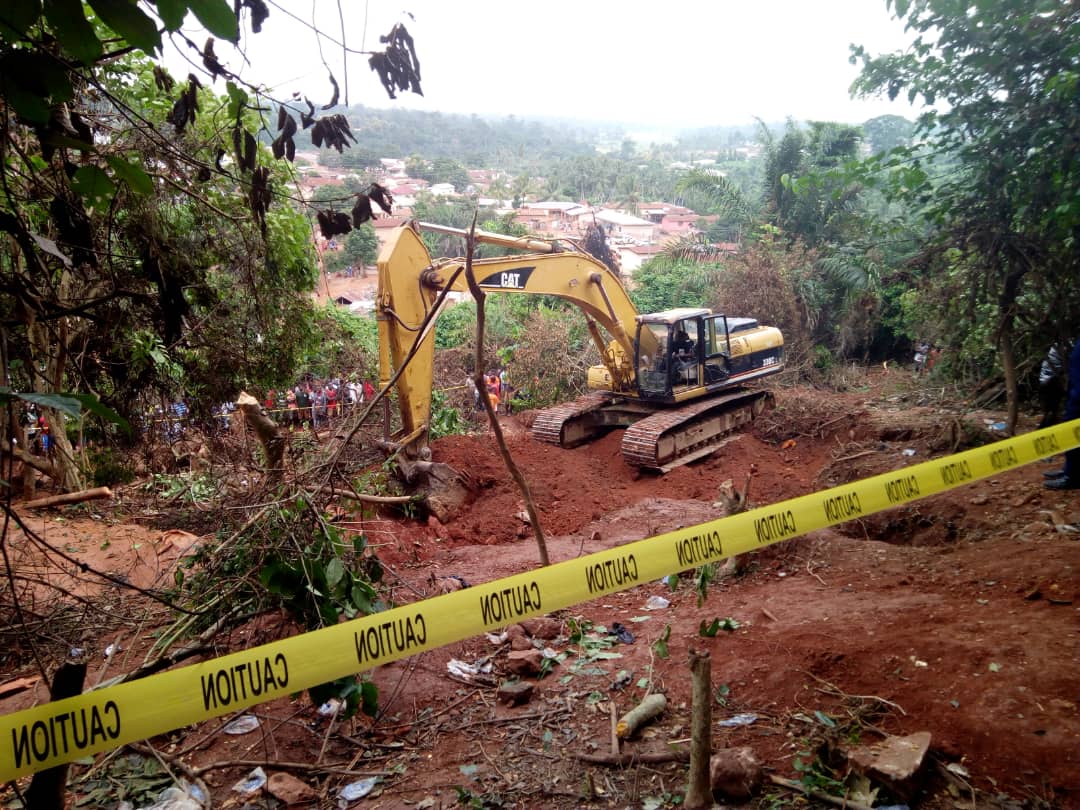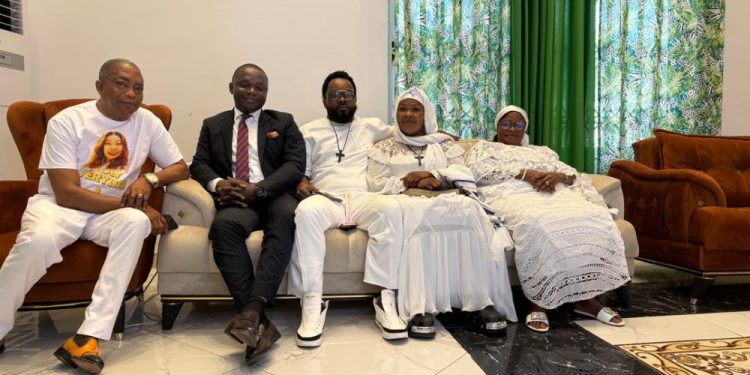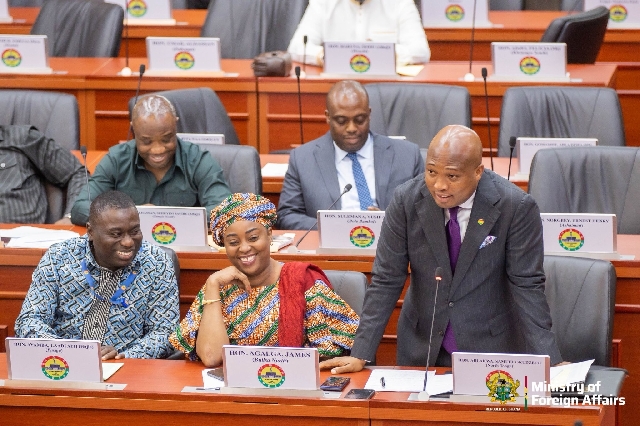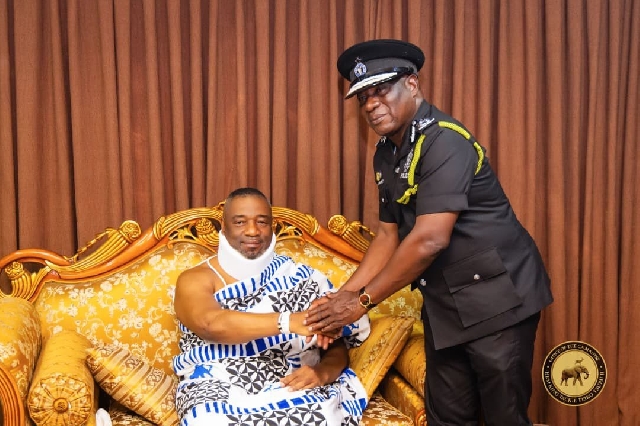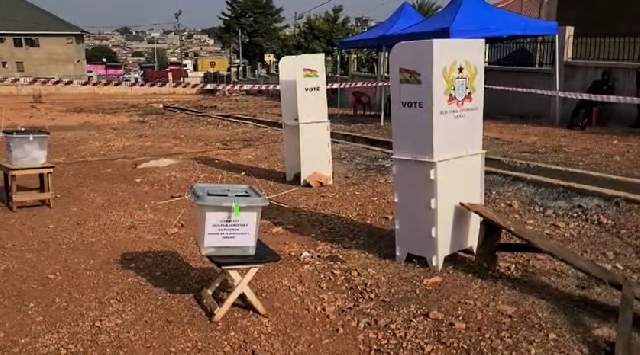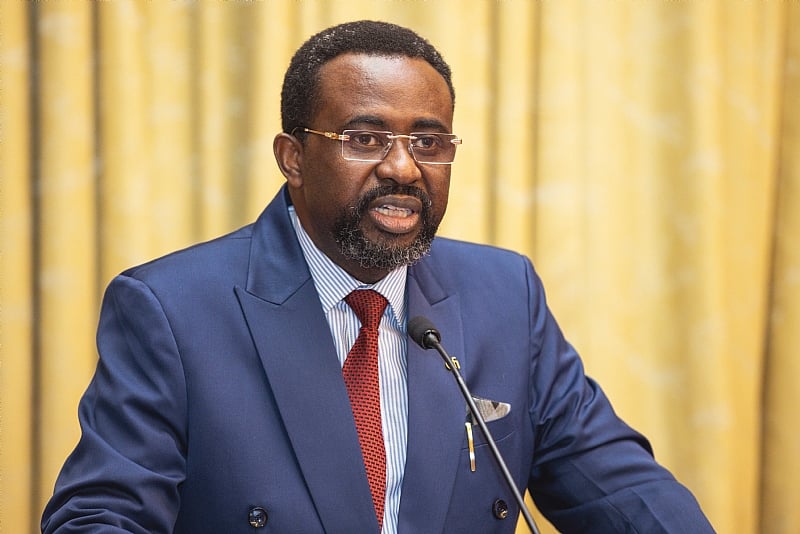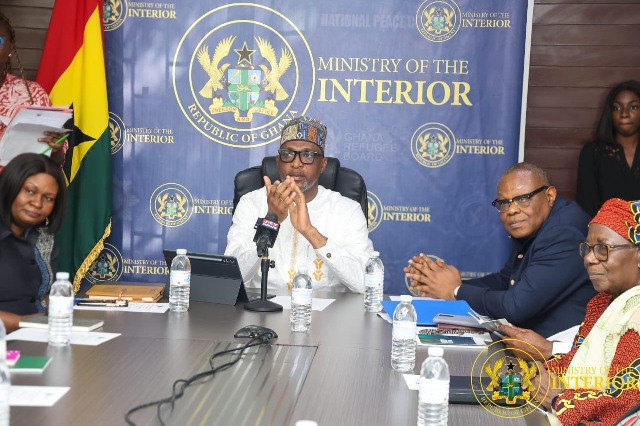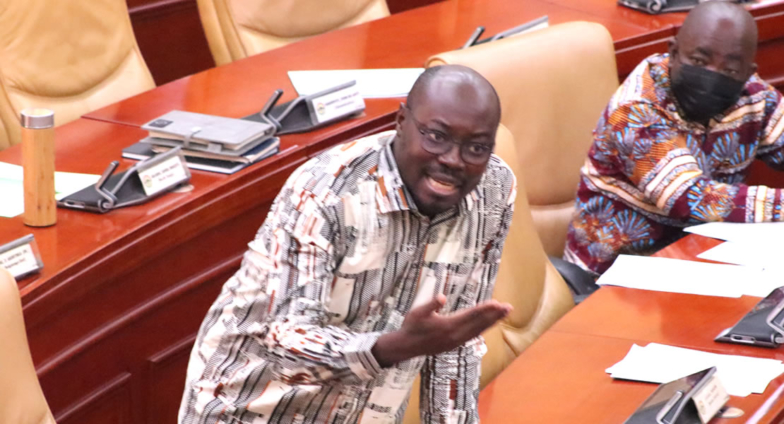Ghana’s battle against corruption is facing a critical threat, with the nation’s key accountability institutions “severely weakened” by persistent underfunding, according to the 2025 IMF Governance Diagnostic Report.
The report, conducted in September 2023, cautions that the country’s anti-corruption architecture is approaching a breaking point unless urgent reforms are implemented.
The IMF’s findings reveal that major institutions, including the Office of the Special Prosecutor (OSP), the Economic and Organised Crime Office (EOCO), and the Commission on Human Rights and Administrative Justice (CHRAJ), regularly receive less than half of their budgets as approved by Parliament. As a result, agencies tasked with investigating corruption, prosecuting financial crimes, safeguarding public funds, and protecting whistleblowers are left struggling without the basic resources they need to operate effectively.
Despite annual budgetary allocations, the report points out that actual disbursements from the Ministry of Finance fall far short, leaving institutions unable to recruit staff, maintain investigations, upgrade technology, or conduct specialised prosecutions. Even the OSP, established to spearhead high-profile corruption cases, is forced to seek clearance from the Ministry of Finance before hiring or paying its own staff, an arrangement the IMF describes as fundamentally incompatible with operational independence.
Beyond the financial shortfall, the IMF warns of deep structural vulnerabilities. Ghana’s anti-corruption framework is described as “fragmented, overlapping and exposed to political influence,” with harmful duplication of mandates among the OSP, EOCO, and CHRAJ. The lack of clear coordination protocols, the report says, creates confusion, delays investigations, and allows political actors to exploit institutional weaknesses.
The Attorney-General’s sweeping constitutional authority over all prosecutions further undermines the prosecutorial autonomy of agencies like EOCO and the OSP, rendering their independence “more symbolic than guaranteed.” The IMF points to recent high-profile incidents, such as the resignation of the first Special Prosecutor and the removal of the Auditor-General, as evidence of mounting political pressure on Ghana’s anti-corruption bodies.
While Ghana has made gains through digitalisation, access-to-information reforms, and improved procurement laws, the IMF asserts that these steps are overshadowed by the deeper structural issues. The report concludes that, without decisive reforms, including guaranteed financing, clearer mandates, and effective insulation from political interference, corruption will continue to drain public revenue, scare off investors, and undermine Ghana’s prospects for economic recovery.
Source: Apexnewsgh.com

